Current projects
The HPE podcast
Our podcast is developed to break down research into conversations. We launch one podcast per week on Tuesday mornings at 7am EST.
Our guests are high level researchers in the fields of health and physical education who come on to share their research with host Dr. Risto Marttinen.
Once a month, we have an article club where we pick an open access journal article that we read together and then discuss via podcast. We invite you to join the discussion.
research
The team behind the HPE website, the podcast, and our other projects are hard at work producing high quality research. Check out the tab titled “research” to be linked to free open access research articles. Make sure to check out our blog where we provide short summaries of these research articles.
REACH (Reflective Educational Approach to Character and Health)
REACH has been researched over six years and served 400+ students in New York, California, Virginia, and Paraguay.
DE partners with public schools in under-resourced areas to provide improved access to structured physical activity and leadership learning experiences through a sport-centered curriculum.
The aims of the REACH program are to:
Increase participants’ physical activity levels.
Improve students’ literacy skills using formative assessments and reflective writing, reading, and comprehensions exercises.
Teach students fitness and nutrition concepts that they can incorporate it into their daily lives to promote a healthy lifestyle.
Promote character development and guide youth in making a positive impact on their community.
Project Dream
The challenges that face teachers in contemporary schools signal the need for large-scale public policy interventions, and associated shifts in public perception, that better support teachers and recognize the stressors they face. At the same time, however, social and political change takes time due the fluid, densely packed public policy space surrounding education. Accordingly, we turn to the literature focused on resilience, which recognizes that teachers have the capacity to adapt and better manage the stressors they face in their schools. Self-care and emotional reappraisal strategies, self-efficacy and feelings of personal accomplishment, and administrative and peer support can help teachers become more resilient. These are skills that teachers can learn to better enhance their working conditions and relationships with others in the school environment.
Project Developing Resilience and Enhancing Appraisals of Mattering (DREAM) is a professional development intervention for elementary-level, non-core subject teachers (i.e., physical education, art, music) with the goal of enhancing perceived mattering and resilience. Project DREAM is structured around four pillars (i.e., emotional regulation and display training, caring and listening practices, relationship building strategies, and advocacy training) that collectively facilitate cognitive and emotional reappraisal. This reappraisal helps to build emotional intelligence and facilitate enhanced resilience and perceptions of mattering. While linked to and influenced by previous interventions with teachers more generally, Project DREAM is responsive to and supportive of specific needs expressed by non-core subject teachers.
iPals
The Illinois Physical Activity and Life Skills (iPALS) Wellness Program is an innovative summer learning and environment program developed as a partnership between the University of Illinois at Urbana-Champaign and Champaign, IL Unit 4 Schools. Specifically, the program seeks to provide youth in the local Champaign area from communities affected by poverty with a 20-day summer program that focuses on five key areas of personal and interpersonal development: (a) physical activity, (b) academic enrichment, (c) nutrition education, (d) lifestyle enrichment, and (e) social and emotional learning.
Related to physical activity, evidence suggests that children from communities affected by poverty are at a higher risk for developing sedentary lifestyles that contribute to the incidence of preventable health-related diseases. Accordingly, iPALS provides youth with the recommended 60 minutes of physical activity each day during the four weeks of the program. Physical activity is provided in a developmentally appropriate manner that focuses on (a) enjoyment for movement, (b) basic motor competencies required for future physical activity participation, (c) an understanding of the importance of movement for health and wellbeing, and (d) encouragement to continue physical activity outside of the camp.
The academic enrichment pillar acknowledges that children from communities affected by poverty often experience opportunity and achievement gaps that are compounded through disengagement with academic learning over the summer. iPALS provides academic support and tutoring to help combat this “summer slide” and better prepare students to begin the next school year. Content for this program component encompasses math and reading as well as the sciences and is aligned grade-level benchmarks and students’ needs identified by parents, teachers, and test results.
The nutrition education component is based on the United States Department of Agriculture (USDA) MyPlate curriculum. The program was developed with the goal to learn about the different MyPlate food groups via interactive games. Example lessons will include “I Eat five Food Groups” and “Dig In! Tasty Veggies at Lunch!” The nutrition curriculum also includes basic food preparation and cooking skills and lessons to promote safe handling of food.
The lifestyle enrichment pillar provides instruction related to the development of life skills (e.g., critical and creative thinking, decision making, problem solving, effective communication) through active learning. Students participate in group and individual tasks that engage them in life skill acquisition (e.g., teambuilding challenges) followed by debriefing conversations that focus on the application of these skills to daily life outside of the program.
The social and emotional learning component of the program is addressed through application of the teaching personal and social responsibility (TPSR) pedagogical model as the overarching framework for iPALS. The TPSR model takes a student-centered approach to helping youth learn skills associated with perseverance, resilience, and individual and group processing. The model focuses on five goals: (a) respect and self-control, (b) participation and effort, (c) self-direction, (d) caring about others and leadership, and (e) transfer. The transfer goal seeks to help youth learn how to apply the first four goals to other peer, school, family, and community activities and environments, and is the overarching purpose of the model.






